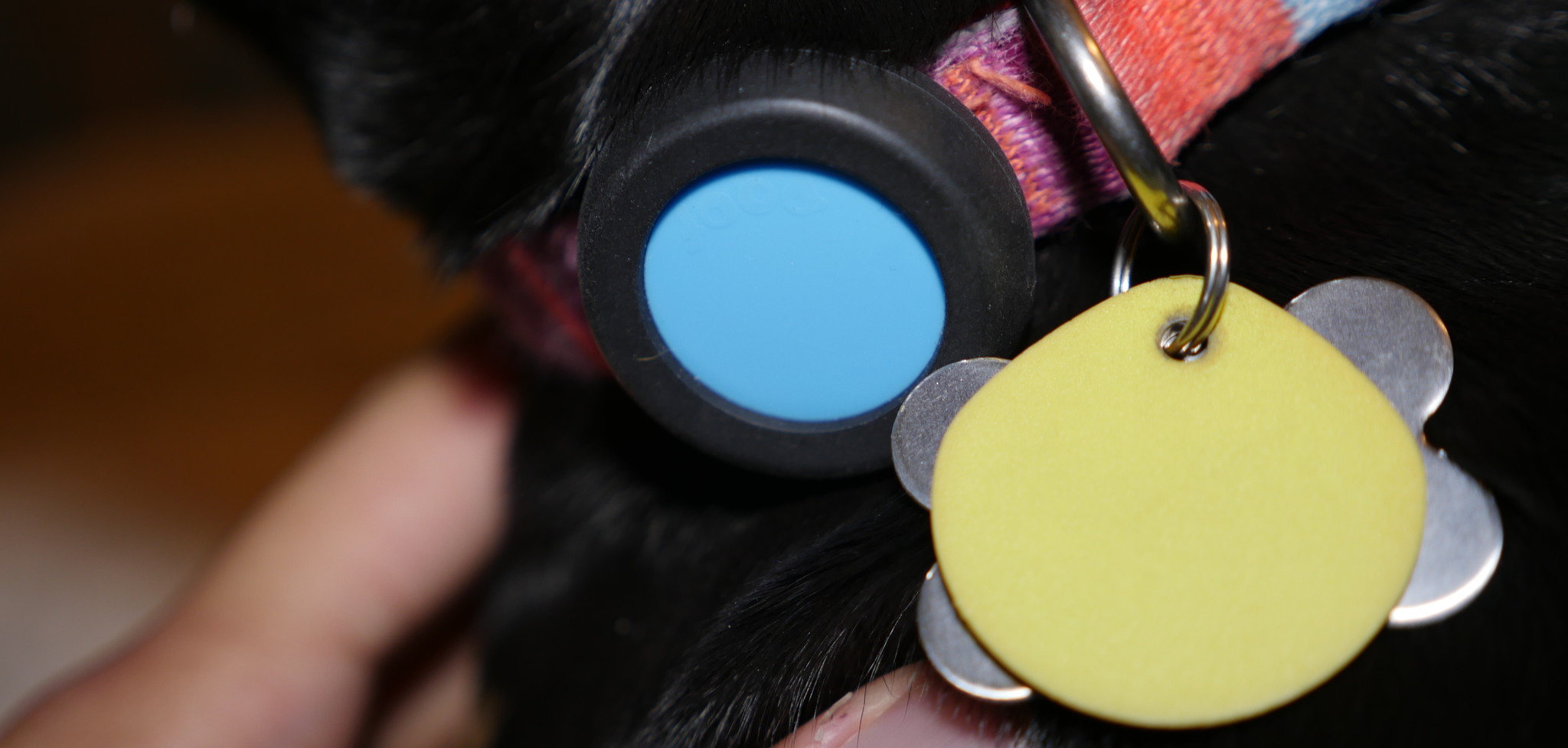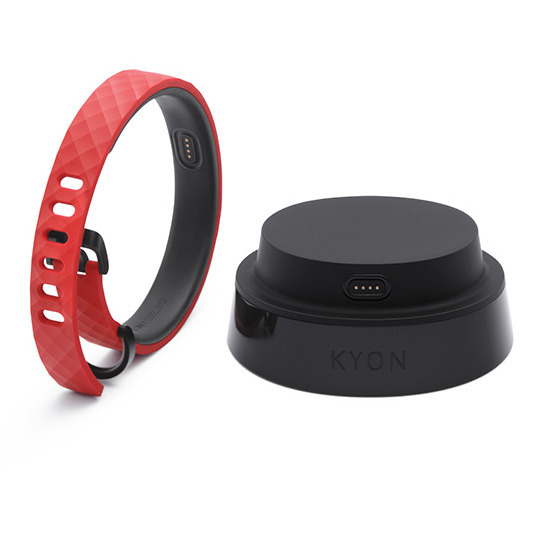Does your dog need a fitness tracker?

The wearables market has started to expand in earnest. Now pets can sport wearables along with their owners. But does your pupper (or kitten) really need a wearable? Well that depends! Let's take a look at some of the things you should consider before buying Fido a fitness tracker.
Considering a pet tracker

I'm going to start with the obvious answer: No, your pet doesn't need a fitness tracker. Heck, you don't even need a fitness tracker. That said, wearables — like most consumer technology — can be a helpful tool for pet owners and a fun addition to you and your pet's life.
My dogs and I recently had a chance to review the Poof Pet Tracker. Going into it, I didn't expect I'd need or want an activity tracker for my pets — I was wrong. The Poof Pet Tracker let me keep up with my pets' activity, rest, calorie burn, food intake, and more. That's incredibly valuable information for any pet owner and it's particularly valuable to the owner of two chihuahuas, a breed that's notorious for its erratic eating habits. And that's the first thing to consider!
What kind of pet do you have? Do its particular traits necessitate you having consistent activity and tracking data?

A boxer, for example, is a high-energy dog breed that needs lots of exercise.
Keeping track of your dog's activity would help you better understand its behavior and give you some insight into why it might be tearing apart your sofa every time you leave the house (it just needed a couple more hours of outside time).

A Burmese cat, for another example, is more prone to developing an enlarged, weakened heart.
Keeping track of your cat's activity would be beneficial in keeping track of their overall health. A sudden drop in activity or an overall trend toward less activity could help you catch symptoms of the disease early on.
Master your iPhone in minutes
iMore offers spot-on advice and guidance from our team of experts, with decades of Apple device experience to lean on. Learn more with iMore!
The type of animal you have is just one thing to keep in mind when you're decided whether to buy them a pet tracker. Another thing to ask yourself is whether the tracker offers any unique features that make it the money you'll drop on it.
What else can the fitness tracker do?
Fitness trackers — both human-focused and pet-focused — are multi-feature devices. Sure they track your activity, calorie burn, and sleep, but they're often packed with a few extra features that help them stand out in a crowded market.

In the case of Poof, the tracker has a pretty clever Lost Pet Mode that can help you find Fido or Mittens.
It works by turning the network of Poof-owners into a beacon alert system. Turn on the feature and you'll get a notification any time Fido or Mittens is near another Poof-owner.
In this way, Poof doesn't require any extra GPS or cellular network technology — just the Bluetooth that's already built in to the device.

As for the upcoming KYON pet tracker, the company uses a cellular chip to triangulate your pet's location in the event it ever gets lost.
Because it uses a cellular chip instead of other location-tracking tech, it's able to maintain a very small size. I got to see the collar in person and I could definitely see my two chihuahuas wearing it without any problem.
Another unique feature is its ultrasound module, which allows you to emit an ultrasound pulse from your pupper's collar if it starts barking at an inappropriate time.
Once you've considered your pet's specific needs based on its breed and particular health traits and you've looked at the helpful features provided with the tracker, really all that's left to consider is price. Do the benefits you'll get from the tracker outweigh the amount of money you'll spend?
How much does the fitness tracker cost? Is it worth it for you?
If you're like me, you probably don't think twice about price when it comes to your animal(s). But it's still an important consideration.
Most larger pets — in the U.S., at least — can be outfitted with a subcutaneous data chip that veterinarians and humane societies around the country can scan to find out the necessary information to return a lost pet. No, it's not as cool as cellular tracking or Poof networking, but it's an effective, long-standing tool for helping return lost pets to their owners — and it's a lot cheaper than many of the pet trackers on the market. So you should consider this fact before you buy an activity tracker for your pupper or kitten.
As for food tracking, you can put your pet on an eating schedule (provided by a veterinarian or food manufacturer) and monitor their intake. And when it comes to activity tracking, you could just sync up your activity with that of your pet's. When you go for a run or a walk, bring Fido along. In that way, your Apple Watch or [insert activity tracker here] is keeping data on both of you! Sure the calorie math is different, but it provides an overall glance at your pet's activity.
Essentially what I'm saying is you and your pet have gotten along fine without activity/location/health/food tracking up to this point. So keep that in mind before you drop $50 or more on an activity tracker. All that said, I have enjoyed being able to get a more nuanced look at my pets' activity and I don't see them going back to a tracker-free life. There are pros and cons, so just be sure to weigh 'em.
Do you even track, sis?
Is your pupper (or kitten or lizard, or cow) outfitted with a pet tracker? I wanna hear all about it! Let me know in the comments below or shoot me a tweet over on Twitter!
Mikah Sargent is Senior Editor at Mobile Nations. When he's not bothering his chihuahuas, Mikah spends entirely too much time and money on HomeKit products. You can follow him on Twitter at @mikahsargent if you're so inclined.

